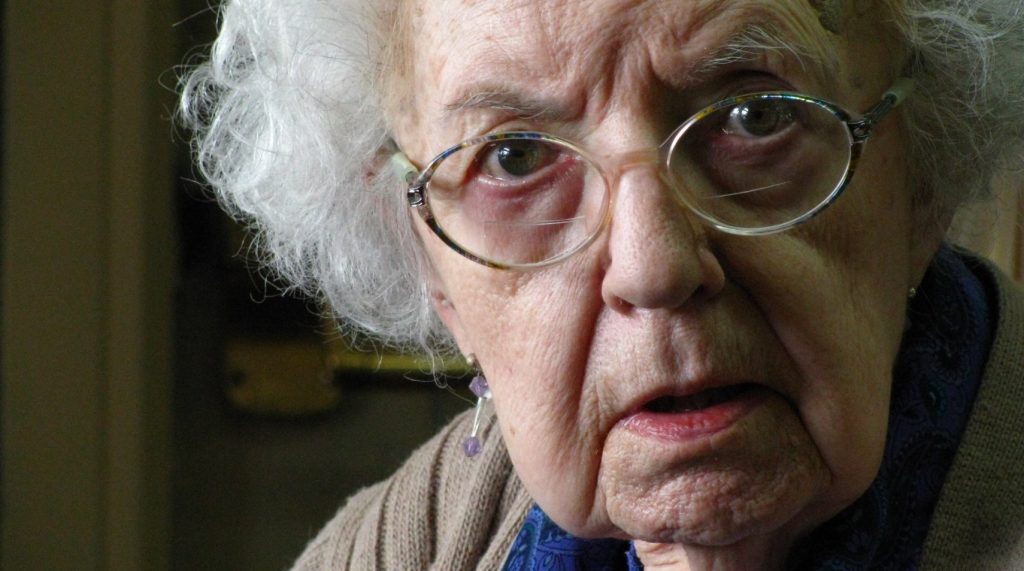
Tens of thousands of people are at risk of losing thousands of dollars because of a growing conflict of interest amongst those selling funeral bonds, says Australia’s first website to empower consumers around the funeral industry.
Peter Erceg, Founder of FuneralSmart, says although funeral insurance products gained unfavourable attention at the recent Royal Commission into the banking sector, other funeral investment products, such as funeral bonds, flew under the radar.
A funeral bond is an investment product that becomes payable on death and must be used to meet the cost of your funeral expenses— ‘but there’s a catch’. Funeral bonds are now big business for the funeral industry. They are a way of getting quick money from unsuspecting families who know little about how they work. ‘Our research has found that more and more consumers who go to a funeral home to discuss prepaying a funeral, are directed towards a bond by some funeral directors’, says Erceg.
How do funeral bonds work?
There are two ways to invest in a funeral bond:
- directly through a bank, friendly society or life insurance company, or
- through a funeral director.
The consumer chooses the amount to be invested, either by planning the details of the service, or just by choosing a particular amount. The consumer can invest a lump sum, or pay in regular instalments. They are favourably treated by Centrelink with contributions up to $13,500 (as at 1 July 2020) generally exempt from the Assets and Income tests. As a result seniors may qualify for a higher Age or DVA pension.
However, the very people who sell the product, usually funeral directors, encourage consumers to assign the bond to their business, meaning they can be accessed by the provider in a clear conflict of interest.
Consumers don’t know or are not being told that funeral bonds do not have be assigned to a funeral director allowing more freedom of choice later.
If a consumer assigns or nominates their funeral bond to a funeral director, then upon their death the nominated funeral director is entitled to their total investment and accumulated bonuses to meet the funeral expenses. Any residual funds, if any is left, will be paid to the estate upon receiving satisfactory evidence that the funeral service has been performed.
Case study: Jim gets talked into a funeral bond
When he decided to retire at 65, Jim wanted to get his finances sorted. Apart from sorting out his will and other paperwork, he wanted to make arrangements to pay for his funeral. He went to a funeral director, who put his money into a bond.
This was not necessarily what Jim expected—he just wanted to prepay a funeral—but he was happy to trust the funeral director to handle it as they saw fit. He paid $6000 to (a funeral director) and they transferred it to (a bond issuer) on behalf of Jim. He knew the investment would grow over time and if he lived another 15 years the bond would cover all his funeral costs. He felt satisfied that he had sorted out his funeral costs and his family would not have to worry about them.
A few years later, Jim had passed away and his family visited the nominated funeral director to arrange Jim’s funeral. Because the funeral director had access to Jim’s investment, the bond issuer advised the funeral director that Jim had a balance of $13,000 invested in his bond.
Unbeknown to the family, the funeral they arranged for Jim would normally cost $8000. However, as the bond issuer gave the funeral director access to Jim’s investment, the funeral director charged the family $10,750 for the same funeral and made a huge profit at the expense of the beneficiaries.
Should you assign your bond to a funeral director?
The lesson here is that if you want your beneficiaries to control your bond, then don’t assign or nominate a specific funeral director. This way, your investment and accumulated bonuses can be paid directly to your legal personal representative, usually your estate representative, to be applied towards your funeral expenses.”
Most funeral directors do the right thing, but people should still check their policy and consider un-assigning their policy from a nominated funeral director to themselves or a beneficiary. This way, your investment is protected, and your legal representative will have the flexibility to ‘shop around’ and avoid the potential of being ripped off.
By pre-planning your funeral with FuneralSmart, and allowing your representative to ‘shop around’ and get quotes your family will save thousands of dollars. Then, any excess funds remaining in your bond, after the funeral expenses, will be paid to your estate and not the assigned funeral director.
About FuneralSmart
FuneralSmart supports individuals and families cope with end of life decisions, death and funerals. We are an independent, Australian-owned and operated company, and are not a subsidiary of any other corporation. We do not conduct funerals and we are not part of any other funeral company.

Related Posts

Our experienced funeral planners are here to help
We’ve helped thousands of families deal with life’s toughest moments, and we’re here to support you whenever you need.

- Best-value Casket
- Eco-Friendly (No-resin wood)
- Low-Density Fiberboard
- NATA Tested to 240kg
- 120kg Crematorium Approved
- Australian Patented



